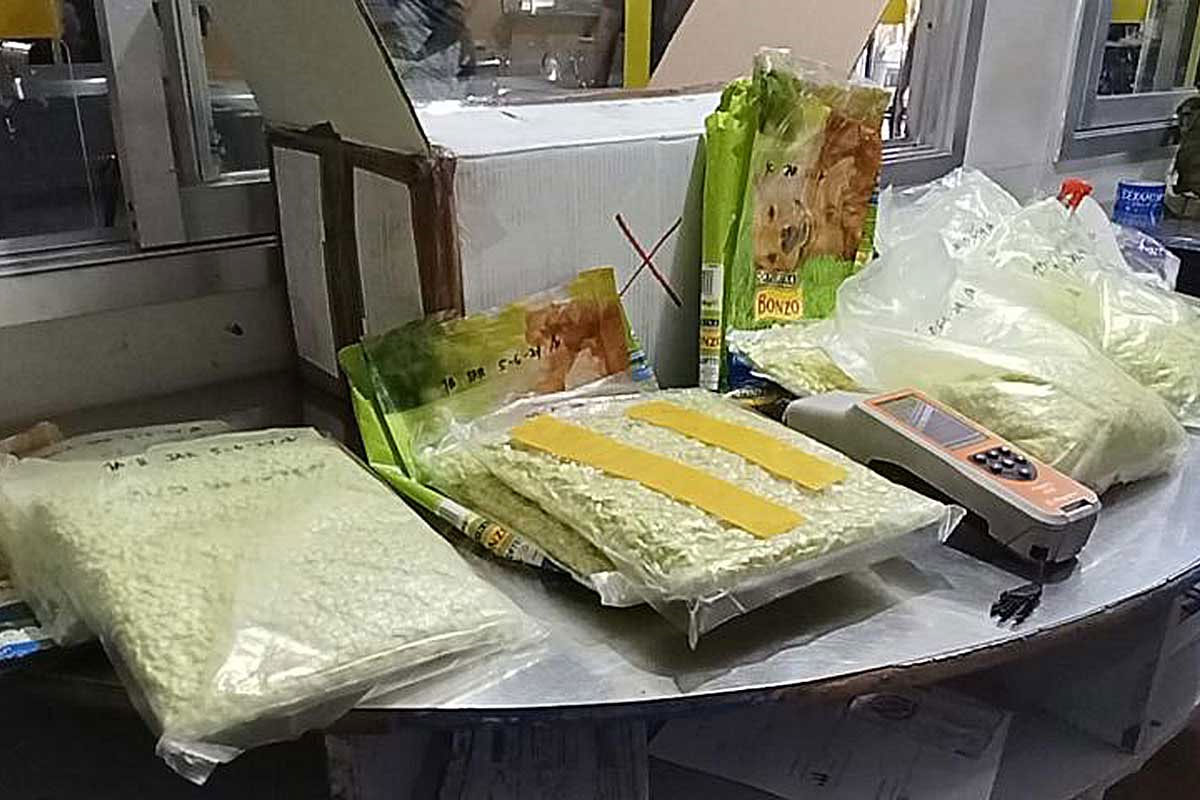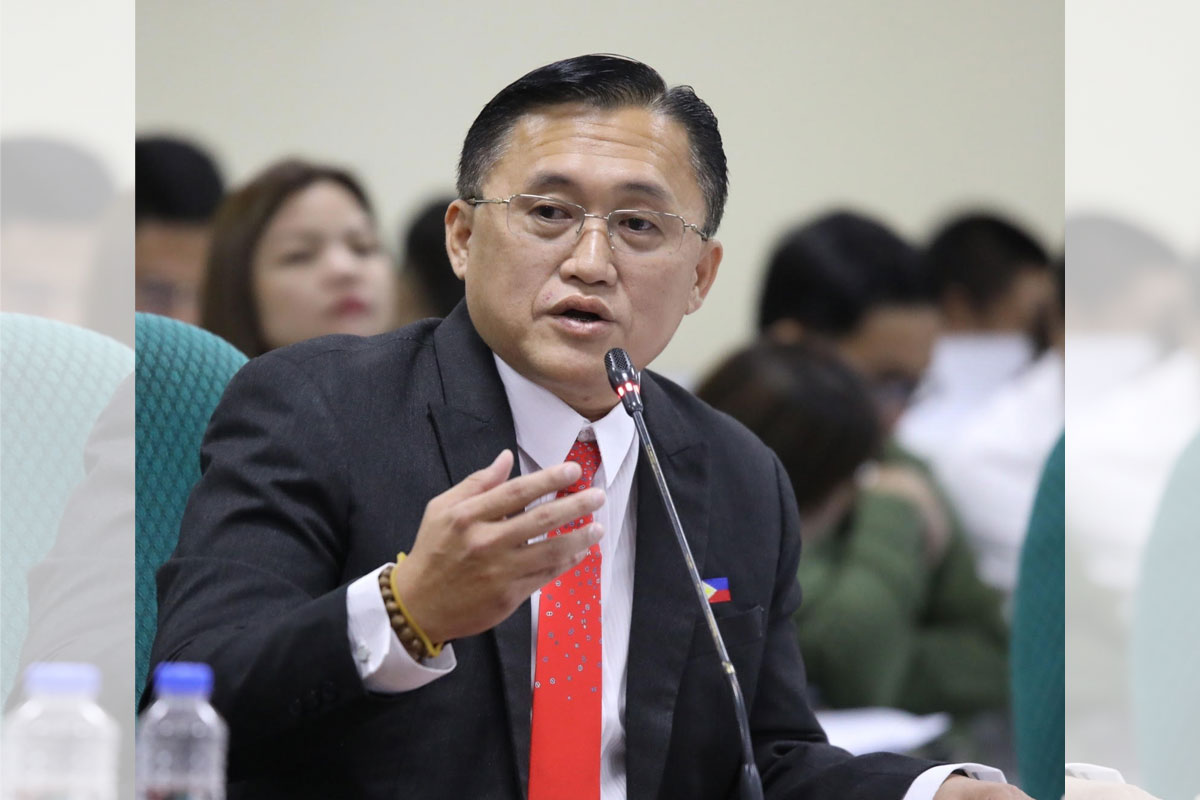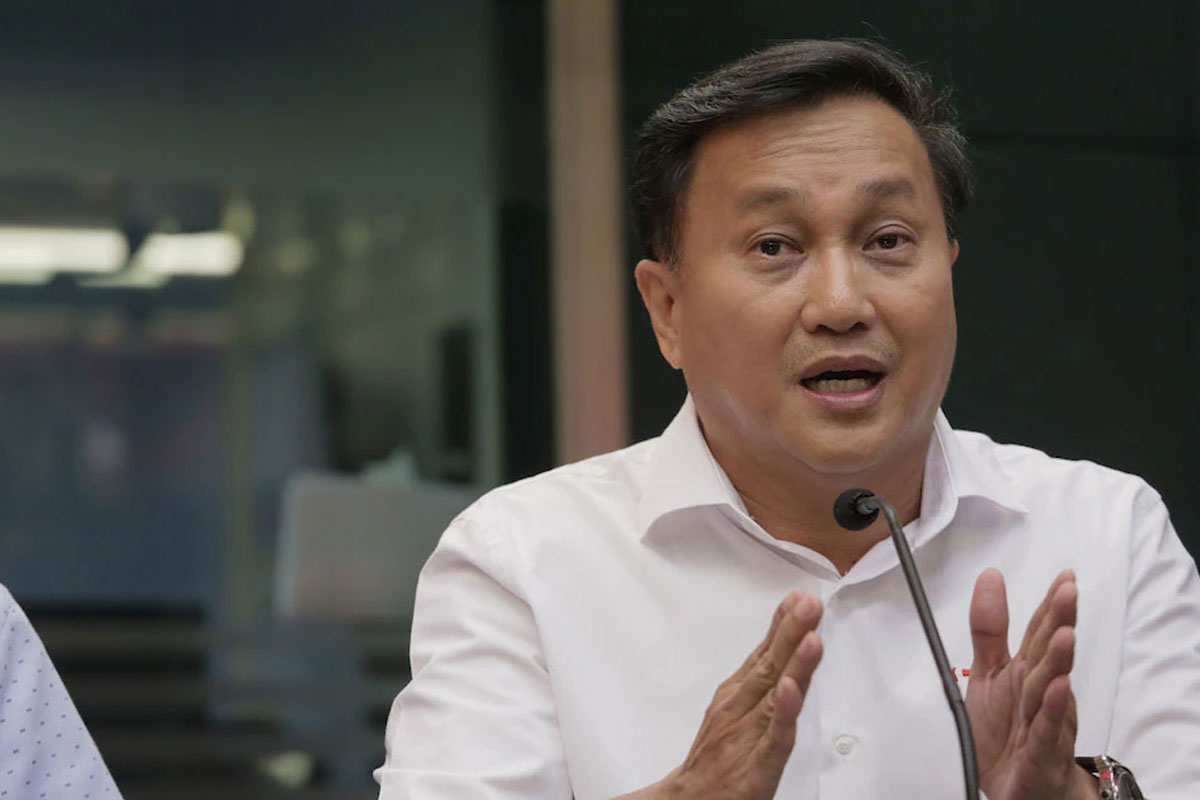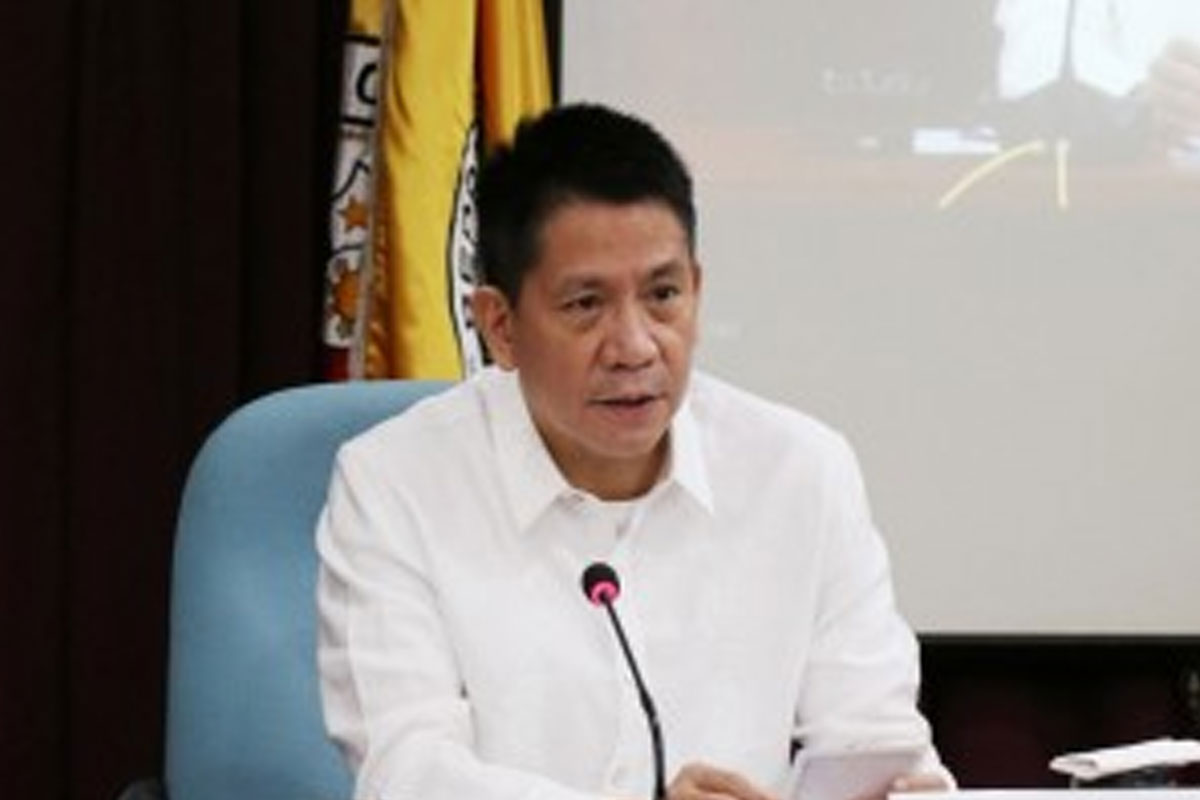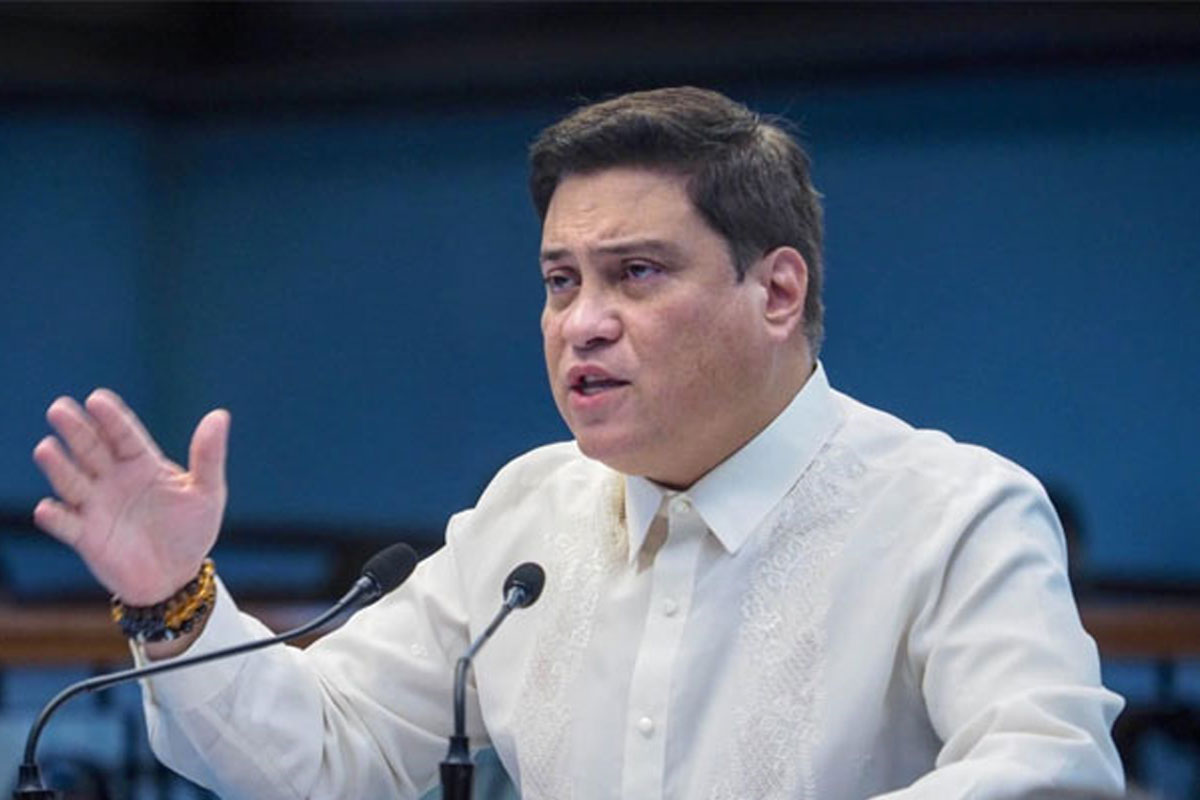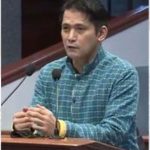
Villafuerte hails PBBM for doubling seniors’ pension to P50B
CAMARINES Sur Rep. LRay has lauded the decision by President Ferdinand “Bongbong” Romualdez Marcos Jr. to nearly double the funding for the social pension for indigent senior citizens (SPIC) program to P49.8 billion in the 2024 national budget plan, to cover the 100%-increase in the monthly stipend of these aging Filipinos, as provided for in the new law granting additional benefits to the elderly.
Villafuerte expressed the hope anew that the Department of Budget and Management (DBM) could ferret out enough funds in the current national budget to be able to carry out fully this year the higher monthly pension if P1,000 for the country’s estimated 4 million-plus indigent seniors.
But in the absence of a bigger allocation in the current national budget for the higher monthly pension, Villafuerte appealed to the DBM to “scour the 2023 GAA and other possible sources for enough funds to bankroll this year the 100%-increase in the monthly pension of indigent seniors, in the same way that the Department had managed to ferret out a sufficient outlay to finance Malacañan Palace’s extended targeted cash transfer (TCT) project for the poorest families.”
“Our indigent senior citizens can look forward to a bigger financial relief each month beginning 2024 at the least, as the President, true to his commitment to protect the purchasing power of our people, especially the highly vulnerable ones, has dramatically increased the pension fund of our senior citizens to almost P50 billion,” Villafuerte, the president of the National Unity Party (NUP), said.
Villafuerte noted that in the President’s budget message to the 19th Congress following his economic managers’ submission of his government’s proposed 2024 GAA of P5.768 trillion, Mr. Marcos said: “We will provide P49.8 billion for the Social Pension for Indigent Senior Citizens to ensure ongoing support for our vulnerable elderly population.”
During the Aug. 10 kick-off of the House deliberations on the proposed 2024 GAA, DBM Secretary Amenah Pangandaman said during the Development Budget Coordination Committee (DBCC) briefing for lawmakers that the proposed budget for the SPIC program will go up in 2024 to P49.81 billion, from this year’s P25.3 billion.
This SPIC program allocation is part, she said, of the total budget for the Social Services sector, which has been allotted P2.183 trillion or 37.9% of the proposed 2024 National Expenditure Program (NEP).
Villafuerte said the higher pension fund for indigent seniors in 2024 partly fulfills the President’s pledge in his second State of the Nation Address (SONA) that: “Sa ating pagtahak sa kaunlaran, walang mamamayang Pilipino ang maiiwanan. Para sa atin, ang bawat buhay ay mahalaga—anuman ang edad, kasarian, pangkat, relihiyon, o pisikal na kundisyon. Sila ay kukupkupin at tutulungan.”
According to Pangandaman, P7 billion was sourced from the “unreconciled” funds from last year’s TCT that was still with the Land Bank of the Philippines (LandBank), while the remaining P2 billion was taken from the contingent fund of the Office of the President (OP).
Villafuerte made this appeal to the DBM earlier as Chairman-CEO Franklin Quijano of the National Commission of Senior Citizens (NCSC) had revealed in a public forum that, “While it’s true that RA 11916 mandates the 100% increase in the indigent senior citizen’s monthly pension—from P500 to P1,000—it would still have to be funded by the DBM and it could only take effect after the National Treasury (has) allocated the needed fund but as of now it is still unfunded.”
Quijano had mentioned the fund lack as he dismissed a report that the NCSC had started handing out the higher monthly stipend of P1,000 to all of the 12.2 million senior citizens in the country.
He said that the monthly stipend was still P500 a month, and it was only for the indigent 4.1 million seniors from among the 12.2 million elderly Filipinos, and that the pension would only “be doubled by virtue of RA 11916, as soon as it gets funding from the DBM.”
RA 11916, which lapsed into law on July 30, 2022, amended RA 7432, which provided for a universal social pension for elderly Filipinos, and RA 9994, which granted additional benefits and privileges to these senior citizens.
The Philippine Statistics Authority (PSA) has reported that headline inflation has been on a downward trend from 8.7% in January to 4.7% in July. But this was still way above the official target of 2% to 4%.
Elderly Filipinos eligible for the monthly stipend include those who are sick or with disability, no permanent source of income, with no regular support from their families or relatives, and without any pension from the government or private institutions.
On top of the increased monthly stipend to P1,000, RA 11916 mandates that social safety assistance be made available to senior citizens to cushion the impact of economic shocks, disasters and calamities.
Such aid shall include food, medicines and financial assistance for house repairs, with the funds to be sourced from the disaster/calamity budgets of local government units (LGUs) where the affected senior citizens reside, subject to the guidelines to be issued by the NCSC.
Under RA 11916, private enterprises that will employ senior citizens as employees, upon the effectivity of this Act, shall be entitled to an additional deduction from their gross income, equivalent to 15% of the total amount paid as salaries and wages to these elderly workers, subject to the provisions of the National Internal Revenue Code (NIRC), as amended, Villafuerte said.
He said this after finding out that as of August 15, the NCSC has thus far registered only 2,596,915 elderly Filipinos in its national database.
Quijano said at a recent Laging Handa public briefing at Malacañan Palace that his office needs to update its list of senior citizens all over the country.
For Villafuerte, “Legislated measures have been provided by the State to help guarantee the safety and security of our senior citizens, but, unfortunately, most of them face financial problems as they are unable to work for a living or have no monthly pension—or both.
And with inflation and the ever-rising living standards, it is getting harder and harder for our senior citizens to live as comfortably as they can in their golden age, especially after the inimical impact of the pandemic.”








